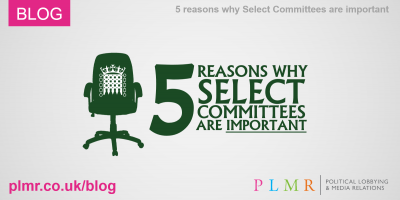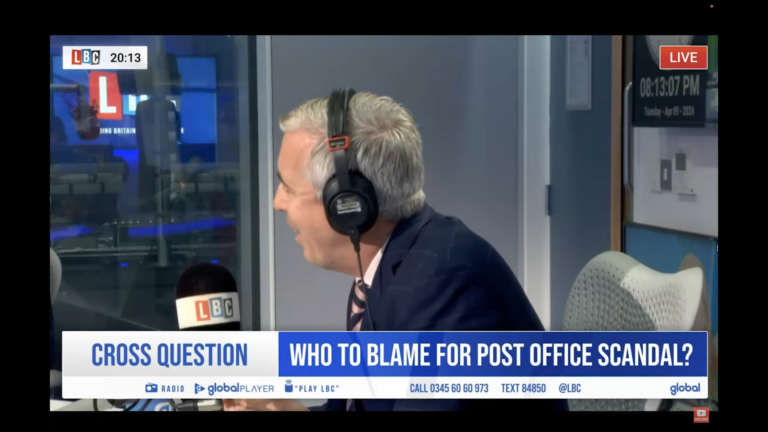MPs from both sides of the chamber are about to elect the Chairs of over 25 parliamentary Select Committees, each tasked with investigating grand overarching topics ranging from Science to Scotland to Justice to Energy.
These Select Committees are a much misunderstood and rarely mentioned part of our parliamentary system, but they can have far-reaching influence both within government and in the sectors upon which they report. But why are they needed and why should we care who chairs them?
1. They’re about evidence not politics
Select Committees are required to dig deep into how a particular piece of legislation or a particular sector or industry operates. Unlike the back and forth, ideology-driven, political exchanges of the Commons, Select Committees are tasked with finding raw un-spun evidence and can drill down for weeks (even months) into how successful a programme, initiative or even an individual has been in delivering their key aims and objectives.
2. They can be proactive – moving beyond a government’s legislative programme
Given their often far reaching remits, Select Committees can often set their sights on topics outside the legislative programme of a government and even can even be moved to act by the news and current affairs agenda. This gives them an unpredictability that can move a government to act on issues it hadn’t prepared to (or didn’t wish to) have debated.
3. They can call anyone to give evidence.
Once a committee has settled on a list of questions and called for evidence they can summon anyone under the sun to provide information on this chosen subject. This power to put anyone on the spot (from Prime Ministers to members of the public) gives them a great opportunity to gather useful testimonies and question those in power.
4. Their Chairs are often party “mavericks”
For committees held by the governing party, a contested election for Chair will likely require the candidates garner some support from the opposition benches. This often results in successful Chairs being outspoken rebels critical of certain aspects of government policy. As high-profile critics with a position of parliamentary authority, their effect can be enormous on any prevailing recommendation
5. They’re being noticed more and their online impact is growing
Since the Culture, Media and Sport Select Committee successfully summoned Rupert Murdoch to give evidence in 2011, more people than ever are looking to see high profile grillings of influential figures. Videos of Select Committee hearings regularly make it into TV news bulletins, online articles and get posted across social media. Their often heated, courtroom-level questioning can make for great shareable content that can make or break the career of anyone under their magnifying glass.





